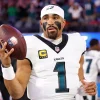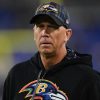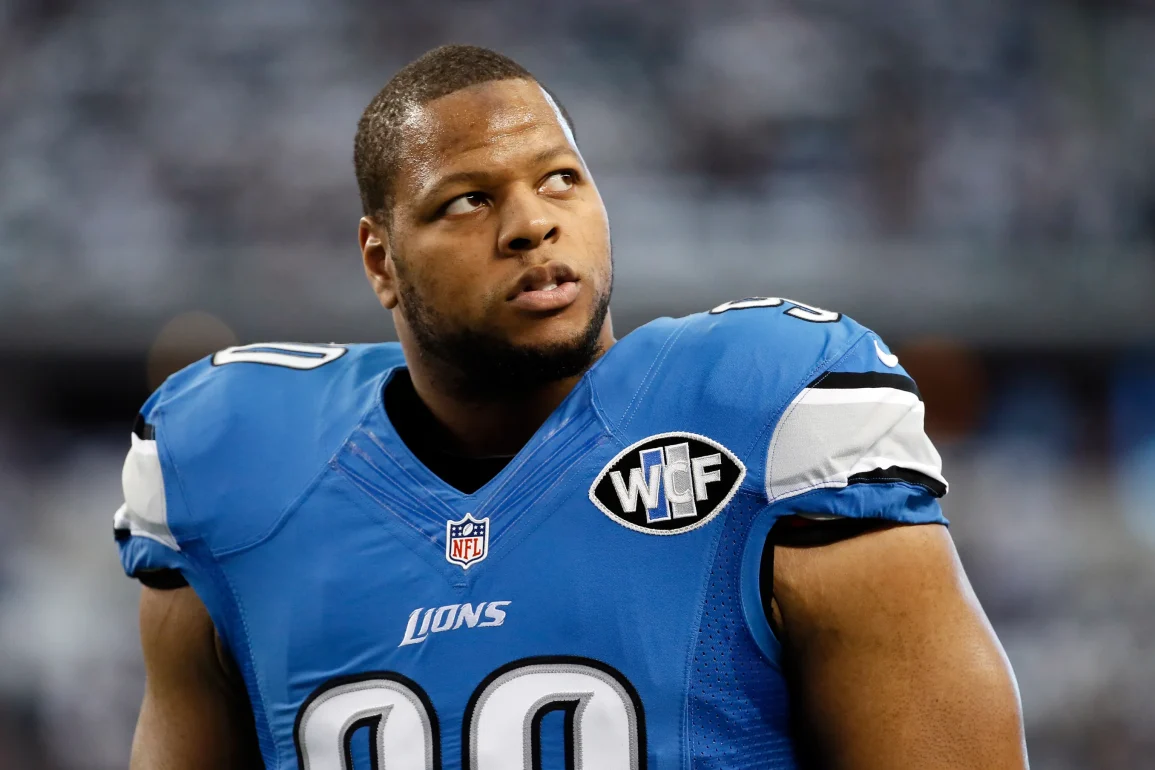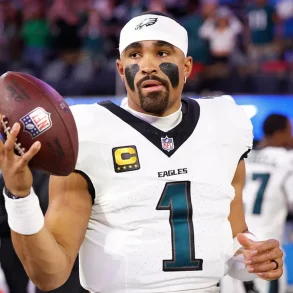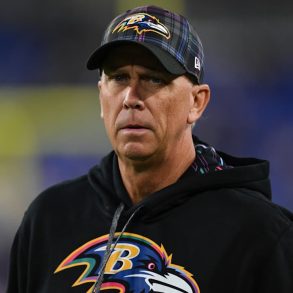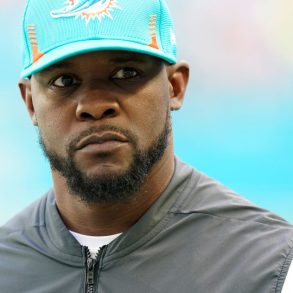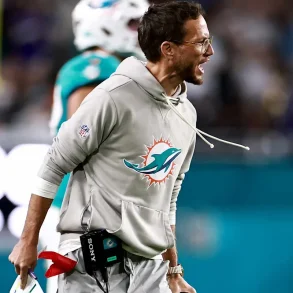The Detroit Lions began the 21st century as the worst team in the NFL, a status that ironically brought them some high draft picks. Among their selections were Calvin Johnson (2nd overall in 2007), Matthew Stafford (1st overall in 2009), and Ndamukong Suh (2nd overall in 2010). These players formed the core of a potential turnaround.
However, their draft contracts were made under the old Collective Bargaining Agreement, which resulted in massive guaranteed deals. The financial burden forced Detroit into difficult choices, and after rewarding Stafford and Johnson with second contracts, they let Suh walk in free agency in 2015 due to salary cap constraints.
Suh Believed His Role Deserved Greater Recognition, Respect, and Compensation from the Lions
Ndamukong Suh has publicly expressed his disappointment with how the Lions handled his contract situation. Posting on Facebook, Suh argued that the organization undervalued him by not making a stronger financial commitment.
He felt that he deserved to be paid more than Stafford and believed Detroit should have done whatever it took to retain him instead of letting him test the free-agent market. His statement highlighted a disconnect between his perceived worth and how the franchise chose to allocate its resources.
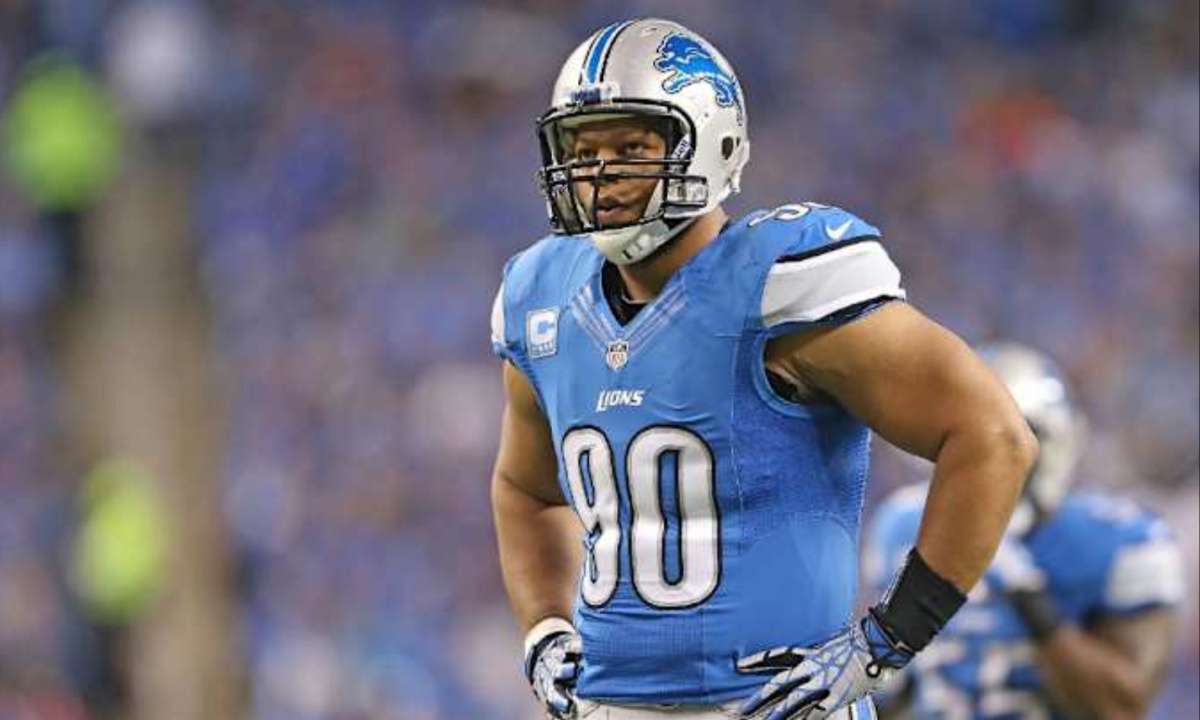
Suh emphasized that his role in the team was as foundational as that of Johnson or Stafford. He pointed out that while quarterbacks traditionally earn the highest salaries, his defensive impact was equally crucial to the Lions’ identity during that era.
Suh was not just another player; he was a game-changer who demanded attention from opposing offenses and helped shape the culture in the locker room. He felt his influence on the field and in the team environment warranted compensation equal to that of the franchise quarterback.
Value Versus Valuation: Suh Challenges NFL’s Quarterback-Centric Compensation Philosophy and Culture
Suh’s reflections went beyond football, touching on broader themes of recognition and compensation. He drew a distinction between being valuable and being valued, urging others, whether in sports or business, to ask for what they are truly worth.
He argued that leadership and presence, not just statistics, should inform decisions about pay. His experience with the Lions serves as a cautionary tale about how even impactful contributors can be undervalued when traditional norms, like the premium placed on quarterbacks, dominate financial decisions.
Despite Suh’s arguments, the financial structure of the NFL remains heavily skewed in favor of quarterbacks. Over his career, Suh earned approximately $168 million, with $64 million coming from the Lions. While a massive sum, it’s still significantly less than what Stafford has earned.
This pay disparity illustrates a broader reality in the NFL: no matter a defensive player’s impact, quarterbacks will almost always be the top earners. Suh’s case, though compelling, ultimately clashes with the entrenched economic priorities of the league.
